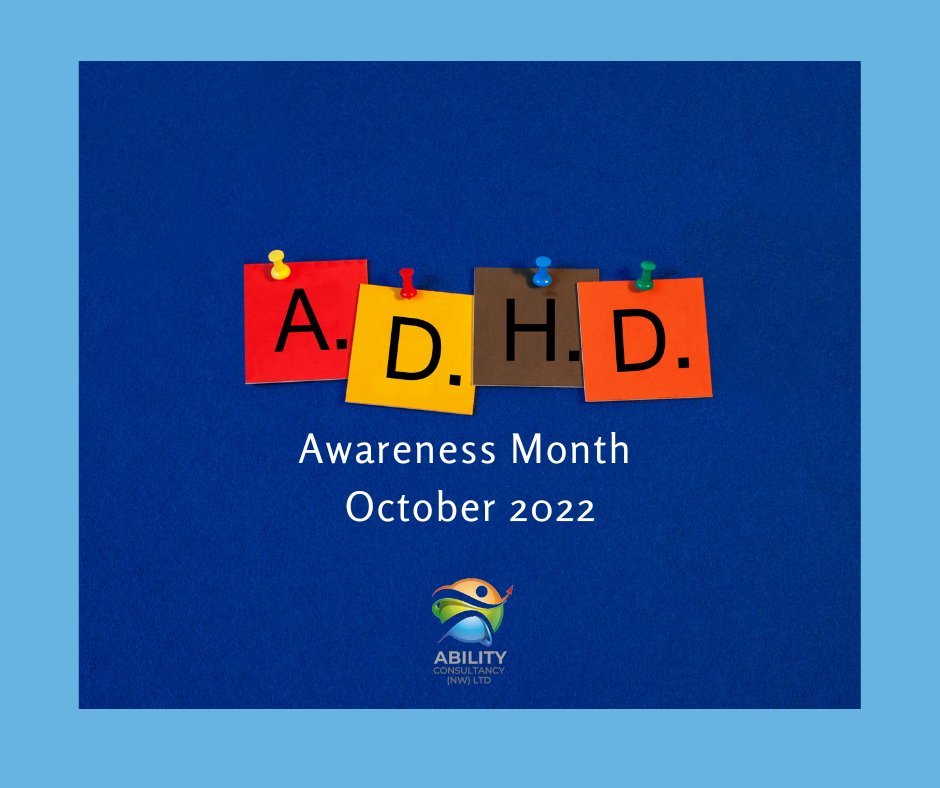A Comprehensive Guide to ADHD Medication: Dispelling Myths, Emphasizing Advantages, and Handling Side Effects
June 7, 2024 | by Freya Parker

The neurodevelopmental illness known as Attention Deficit Hyperactivity illness (ADHD) impairs a person’s capacity for concentration, impulse control, and energy regulation. Even while ADHD can present serious difficulties in day-to-day functioning, medication is frequently a crucial part of treatment. To shed light and understanding on the topic, we’ll examine the advantages, drawbacks, and misconceptions related to ADHD medication in this post.
What Is Medication for ADHD?
The two main types of ADHD medications are non-stimulants and stimulants. Methylphenidate and other amphetamine-based pharmaceuticals are examples of stimulant medications that act by raising the brain’s concentrations of specific neurotransmitters, such as norepinephrine and dopamine. These neurotransmitters are essential for controlling executive function, impulse control, and attention. While they function differently, non-stimulant drugs like guanfacine and atomoxetine are also useful in treating the symptoms of ADHD.
Advantages of ADHD Drugs
Enhanced Focus and Attention: Improving focus and attention is one of the biggest advantages of taking an ADHD medication. People frequently report being able to focus on activities more intently and maintain their attention for extended periods of time, which boosts productivity and increases chances of success in the classroom or at work.
Improved Impulse Control: People with ADHD may find it easier to control their impulses, which will lessen impulsive behaviors like talking over other people, making inappropriate comments, or taking risks.
Enhanced Executive Function: People with ADHD frequently struggle with executive functions, such as time management, organization, and planning. Medication can assist in enhancing these abilities, empowering people to more effectively handle their everyday obligations and chores.
Enhanced Self-Esteem: People who use medication to treat ADHD symptoms may notice an increase in confidence and self-esteem. Reaching objectives and finishing projects successfully can boost wellbeing and one’s sense of accomplishment.
Improved interactions: Medication can help to improve interpersonal interactions by lowering impulsivity and increasing focus. It might be simpler for people with ADHD to pay attention when others are speaking, to read social signs, and to participate in deep conversations.
Adverse Effects of ADHD Drugs
Even though taking an ADHD medication can have many advantages, it’s important to be aware of any possible negative effects. Typical adverse effects could be:
Insomnia: Drugs that stimulate the brain can cause sleep patterns to be disturbed, making it difficult to fall asleep or stay asleep through the night. To reduce this effect, taking medication early in the day is crucial.
Reduced Appetite: Some people who take ADHD medication may notice a decrease in their appetite, which might cause them to lose weight or make it harder for them to eat a nutritious diet. It’s critical to keep an eye on food intake and guarantee proper nourishment.
Stomach Upset: Some people may experience digestive problems, such as nausea, stomach pain, or disruptions in their digestion, especially after beginning a new medicine or changing the dosage.
Headaches: Although they usually go away when the body gets used to the drug, headaches are a fairly common side effect of ADHD medication. This symptom can be lessened by controlling stress and drinking plenty of water.
Mood Shifts: ADHD medication may occasionally cause mood swings that result in irritation, anxiety, or emotional instability. Notifying a healthcare provider of any changes in mood is crucial.
Dispelling Myths Regarding ADHD Drugs
Myth: ADHD Medication Is Addictive: Although stimulant drugs have the potential to be abused, they do not cause addiction in people with ADHD when taken as directed by a medical expert. The way that these drugs function in the brains of ADHD sufferers differs from that of people without the disorder.
Myth: People on ADHD Medication Become Zombies: This fallacy is based on the notion that people on ADHD medication have less personality and less creativity. In actuality, medication lessens impulsivity and distractions, enabling people with ADHD to better utilize their natural talents.
Myth: Medication for ADHD is a “Quick Fix”: Medication for ADHD is not a panacea, although it can successfully manage symptoms. It works best when paired with additional interventions that are customized to the needs of the individual, such as behavioral therapy and lifestyle changes.
Myth: ADHD Medication Stunts Growth: The idea that growth is stunted by ADHD medication has been largely disproven. Although some early study on children’s height and weight revealed a possible effect, more current studies show that any impact is small and frequently transient.
Myth: ADHD Medication Is Only Beneficial for Children: Although ADHD is typically diagnosed in childhood, it can also linger into adolescence and adults. For people of all ages, medication can help with symptom management and enhance day-to-day functioning.
In summary
ADHD medication offers advantages such enhanced focus, impulse control, and executive function, making it a useful tool in the management of ADHD symptoms. It’s important to balance these advantages against any possible drawbacks and myths, though. People with ADHD can find the ideal medicine and dose schedule by carefully collaborating with healthcare providers, which will improve their general functioning and quality of life.
RELATED POSTS
View all


